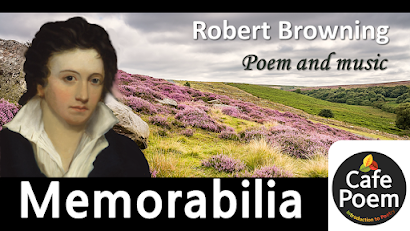To the Skylark
Ethereal minstrel! pilgrim of the sky!
Dost thou despise the earth where cares abound?
Or, while the wings aspire, are heart and eye
Both with thy nest upon the dewy ground?
Thy nest which thou canst drop into at will,
Those quivering wings composed, that music still!
Leave to the nightingale her shady wood;
A privacy of glorious light is thine;
Whence thou dost pour upon the world a flood
Of harmony, with instinct more divine;
Type of the wise who soar, but never roam;
True to the kindred points of Heaven and Home!
Enjoy the poem with beautiful music
poem video
Who wrote the poem "To the Skylark"?
William Wordsworth (April 7, 1770 – April 23, 1850)
William Wordsworth was an English poet who pioneered the Romantic Movement with his close friend and fellow poet, Samuel Taylor Coleridge. He famously defined poetry as “the spontaneous overflow of powerful feelings.” Using the ordinary language “really used by men,” he wrote beautiful poetry with sweet imagery, often based around the natural world. He suffered from depression, which was reflected in somber undertones in his poems. He was the Poet Laureate for Queen Victoria from 1843 until his death from pleurisy in 1850.
"To the Skylark" explanation
In the poem, the speaker describes a
skylark, who flies and sings high up in the air, still attending to its nest.
The skylark in the poem is the symbol of the wise man who soars so high in the
intellectual/ philosophical sphere and yet does not forget about his ordinary
duties such as taking care of family. The poem was written in 1825 as a
partially critical response to “To a Skylark” by Percy Bysshe Shelley which was
written five years earlier.







